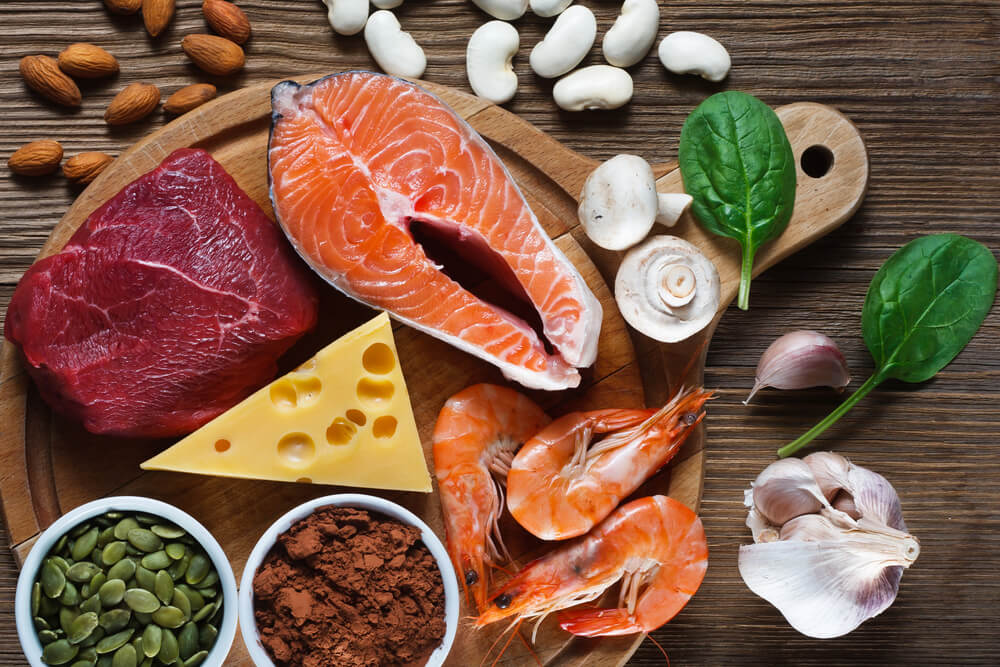- Empty cart.
- Continue Shopping
The Importance of Zinc for Immune Health

Zinc is an essential mineral that plays a crucial role in supporting the immune system. It is involved in various immune functions, including the development and activation of immune cells and the production of antibodies.
The Role of Zinc in Immune Function
Zinc is involved in several key aspects of immune function:
1. Immune Cell Development
Zinc is necessary for the development and maturation of immune cells, including white blood cells like neutrophils, macrophages, and natural killer cells. These cells play essential roles in detecting and defending against pathogens.
2. Antibody Production
Zinc is involved in the production of antibodies, which are proteins that help the immune system recognize and neutralize specific pathogens, such as bacteria and viruses.
3. Immune Cell Activation
Zinc helps regulate the activation and function of immune cells. It is essential for signaling pathways that control immune responses to infections.
4. Antioxidant Defense
Zinc acts as an antioxidant, helping to protect immune cells from damage caused by oxidative stress. This is particularly important during periods of increased immune activity.
Zinc Deficiency and Immune Function
A deficiency in zinc can lead to impaired immune function. When the body lacks an adequate supply of zinc, it may struggle to develop immune cells, produce antibodies, and regulate immune responses effectively. This can make individuals more susceptible to infections and illnesses.
Common signs of zinc deficiency include:
- Frequent infections or slow wound healing.
- Reduced ability to taste or smell.
- Skin rashes or dry skin.
- Hair loss.
- Diarrhea.
- Impaired growth (in children).
Getting Adequate Zinc
To support immune health and overall well-being, it’s important to ensure you are getting an adequate intake of zinc. Here are some dietary sources of zinc:
1. Animal-Based Foods
- Red Meat: Beef and lamb are rich sources of zinc.
- Poultry: Chicken and turkey also contain zinc.
- Seafood: Oysters, crab, and lobster are among the highest sources of zinc from seafood.
2. Plant-Based Foods
- Legumes: Beans, lentils, and chickpeas are good sources of plant-based zinc.
- Nuts and Seeds: Almonds, pumpkin seeds, and cashews contain zinc.
- Whole Grains: Oats and wheat germ are examples of grains that provide zinc.
- Dairy: Dairy products like cheese and yogurt contain zinc.
3. Supplements
In some cases, zinc supplements may be necessary, especially for individuals with dietary restrictions or conditions that affect zinc absorption. However, it’s important not to exceed recommended doses, as excessive zinc intake can interfere with the absorption of other essential minerals like copper.
In Conclusion, Zinc is a vital mineral that plays a central role in supporting the immune system’s function. Ensuring you have an adequate intake of zinc through a balanced diet that includes zinc-rich foods can help strengthen your immune defenses and reduce the risk of infections. If you have concerns about your zinc intake or suspect a deficiency, consult with a healthcare provider or registered dietitian for personalized guidance and recommendations. Supporting your immune health is one of the many benefits of maintaining proper zinc levels in your body.








